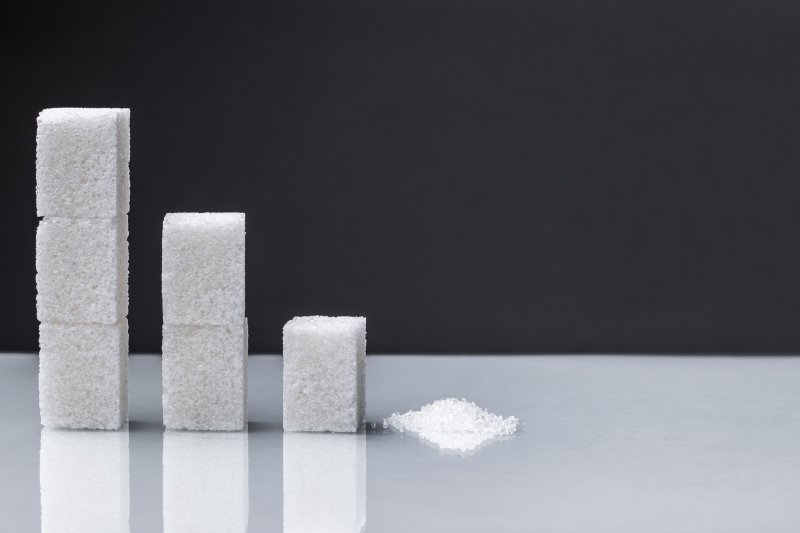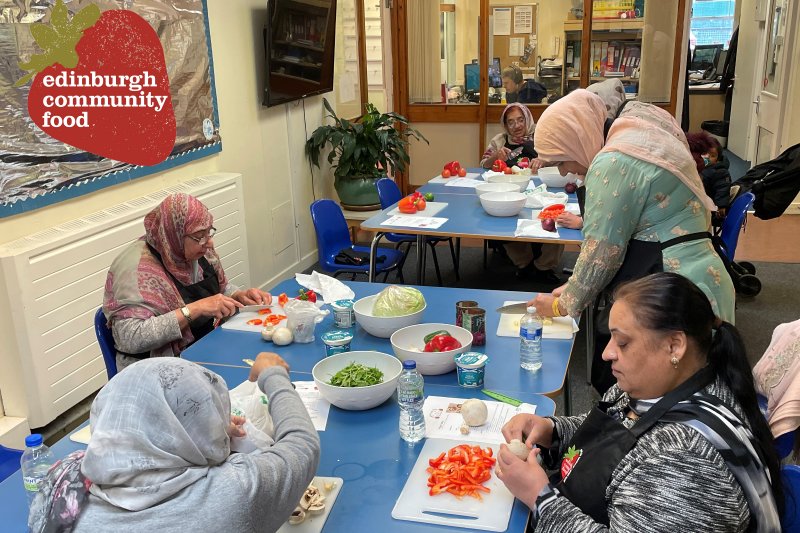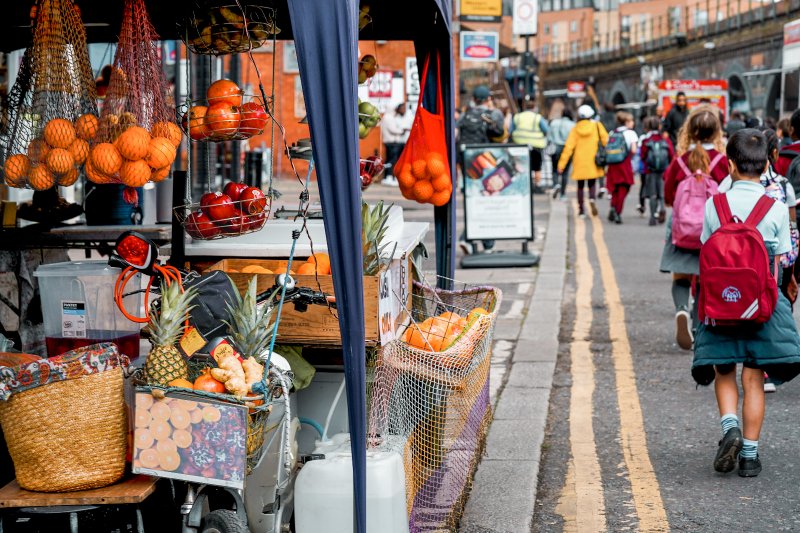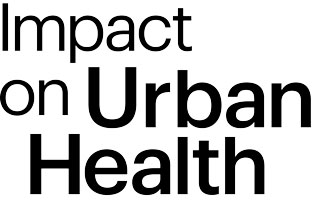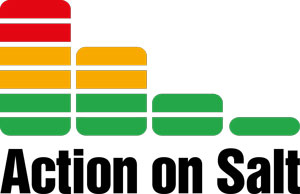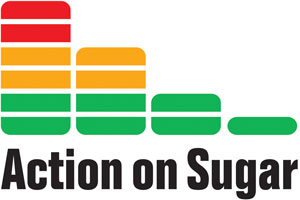Blog
How sugar levies can help protect our soil
In a guest blog for Recipe for Change, Krysia Woroniecka from Feedback talks about the damaging impact of ‘sugar pollution’ on our soil and how an expanded sugar and salt tax could support the health of both people and planet.
A lot of people might be aware of the health benefits of reducing sugar, but less aware of the benefits to soil and pollinators of cutting down on “sugar pollution”.
I run Feedback’s sugar project that looks after soil and health by addressing the oversupply of sugar. Feedback is an environmental campaign group working for food that is good for the planet and its people. To do this we challenge power, catalyse action and empower people to achieve positive change.
Sugar Pollution is a term we use to describe all the harmful impacts of the oversupply of sugar, because the first stage for change is to acknowledge that the historical view of sugar production as a public good is outdated. It originated from an era when people firmly believed that sugar was medicinal. Indeed when tooth decay started getting out of control in sugar-crazed 1800s Britain, people were so adamant that sugar was good for us that the remedy prescribed to counter the tooth decay was to rub the teeth with ground shells and sugar (See a Dark History of Sugar by Neil Buttery for more). Our dental knowledge has thankfully moved on but the idea that the “more sugar the UK has access to the better” still pervades in government trade and business policy. This outdated narrative is the reason that trade quotas, agricultural policy and collusion with industry brings us nearly three times the maximum recommended intake for the UK population.
This somewhat intentional sugar pollution goes against public health goals and shows that demand-side measures to reduce sugar are not enough; we need supply side measures too. Supply side measures have other benefits besides child health too, including for soil: up to 500,000 tonnes of the UK’s highest grade topsoil is permanently removed from fields each year with the sugar beet harvest (it is then bagged up and sold for profit by UK sugar beet monopoly British Sugar). The soil left behind is compacted and liable for flooding.
I live in Suffolk, the heart of sugar beet country, and many of the fields I have walked through the last few months have been converted to muddy puddles with knee-deep mud trenches. What’s more, growing sugar beet relies on bee-harming neonicotinoid pesticides, banned in 2018 because of the risk to pollinators and other wildlife yet Defra has allowed their use in the four subsequent years due to pressure from British Sugar to maintain sugar output. And all this in the name of producing a crop that rots our children’s teeth (oral diseases are the leading reason 5-9-year-olds in the UK are admitted to hospital). The UK doesn’t have enough fruit and veg for everyone to have their 5-a-day, but if half the sugar beet fields were used to grow carrots for example, there would be enough carrots to make up half the shortfall.
Starting from here there is so much we can do to improve children’s health, look after our pollinators and make better use of our soil. Multi-interest coalitions asking for agreed policies is the next important step to move sugar policy in this direction. It is in this vein that Feedback joined the Recipe for Change coalition, asking for more financial incentives for companies to do their share by reducing sugar and making food products healthier. We know that for many heads of companies who want to do the right thing, mandatory action is often the only way that change can get past shareholders. Alongside policies to address the undersupply of vegetables (supporting farmers via access to markets, seasonal workers and supply chain fairness) and to tackle the root causes of poverty, an expanded sugar and salt tax could also help reduce the sugar pollution. This would protect our soil, our pollinators and be a strong step towards creating an abundance of wholesome and nutritious food with which we can surround our children.
To find out more about the positive impact that eating foods lower in salt and sugar could have on both our health and the environment, read the new policy brief published by the Sustainable and Healthy Food Systems (SHEFS) research programme and Recipe for Change.
Krysia Woroniecka manages Feedback’s Sugar and Soils project, working to change the narrative around sugar policy to include the role of supply. During her years at Feedback Krysia has worked on food waste, anaerobic digestion and the advantages and practicalities of lifting the ban on feeding food waste to pigs. Krysia has a background in economics, energy and environmental policy and previously worked in finance and as an energy analyst.
Krysia Woroniecka
Feedback Global
Sustain
Published 11 Apr 2024



